Answering Common Questions About Industrial Robots
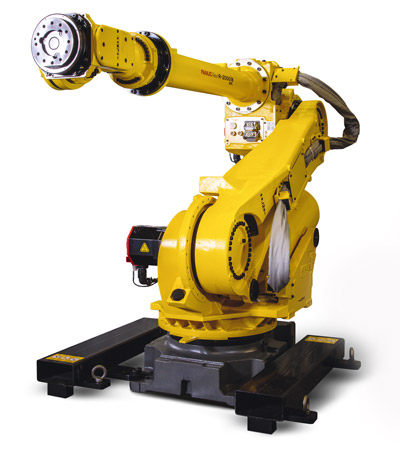
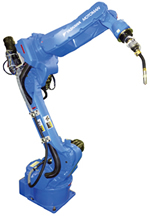
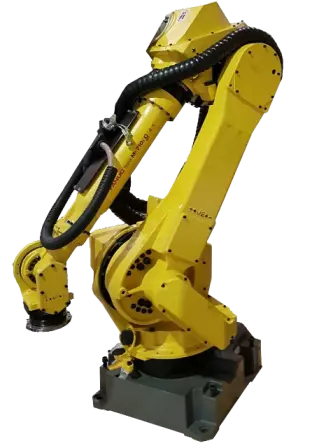
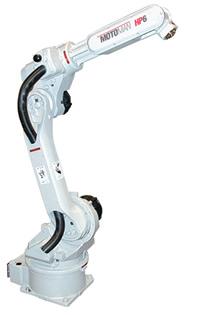
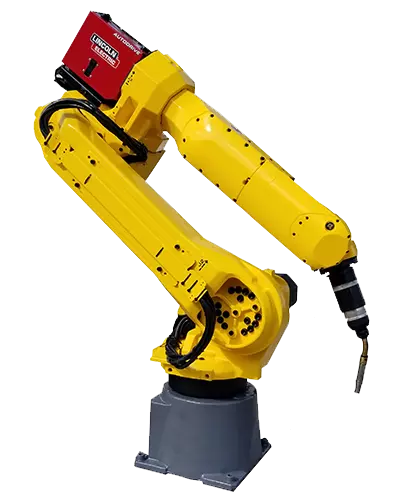
When researching and buying an industrial robot there may be many questions that can arise. Below are answers to some of the most commonly asked questions about industrial robots and robotic automation.
- • What is an industrial robot? An industrial robot is a mechanical machine capable of handling materials, parts, or tooling within a production setting. Components of an industrial robot include the manipulator arm, controller, sensors, end-effector, and drive. The FANUC Arcmate 120ic is an example of an industrial robot.
- • What is robotic automation? Robotic automation is the process of converting manual tasks into automatic ones using industrial robots. Industrial robots are capable of performing most production related tasks with better accuracy and efficiency than a human. For example, welding automation can be achieved with the Yaskawa MA1400 or another welding robot.
- • What types of industrial robots are there? There are several different types of industrial robots. The most common is the articulated robot as it is designed to mimic the movements of the human arm. The FANUC R-2000ib is an articulated robot. Other common robot types include delta, SCARA, gantry, and collaborative robots.
- • What can industrial robots do? Industrial robots are capable of automating a wide variety of applications. Processes that are best suited for robotic automation are those that are repetitive, hazardous, or time consuming. Welding is the most common application for industrial robots followed by material handling, material removal, painting, and assembly automation.
- • Who uses robots? Millions of industrial robots have been implemented across numerous industries worldwide. The automotive and electronics industries are two of the largest users of industrial robots. Other robotic users include those in the aerospace, pharmaceutical, medical device, food, construction, and metals industries among many others.
- • What is the cost of industrial robots? The cost of an industrial robot can vary considerably depending upon if you are buying new or used and if you are purchasing an entire robotic system or a single robot. Six axis robots are one of the few investments in which buyers can quickly capture their ROI due to lower production costs and expanded profit potential. Buying used allows for considerable cost savings while still providing the main benefits of robotic automation.
- • Where can you buy industrial robots? There are many options when it comes to where to buy an industrial robot. Industrial robots can be purchased directly through a manufacturer, through online sources, through an auction, or through a used robotic equipment company such as Robots Done Right.
- • How do you select a robot? Selecting an industrial robot will mainly be determined by the specifics of your application and budget. The type of application, workpieces, and workspace will narrow down the robot type, axes, payload capacity, and reach. While your budget will likely determine if you will purchase a new or used robot.
- • What are the benefits of robotic automation? There are many benefits to implementing industrial robots along a production line. Lower production costs, higher productivity, better product quality, faster cycle times, more efficient operations, and less turnover are just some of the benefits users can expect.
Robots Done Right is the place to start when it comes to used robots. Contact us if you are interested in buying or selling a used robot.